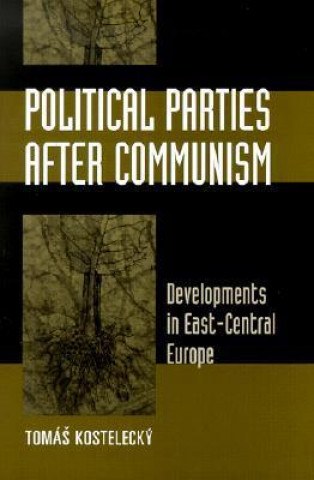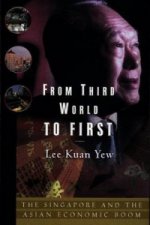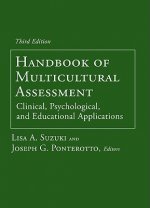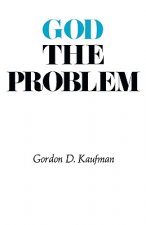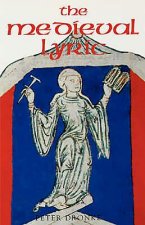
Doručení
Nákupní rádce





Nehodí se? Vůbec nevadí! U nás můžete do 30 dní vrátit
 Dárkový poukaz
V libovolné hodnotě
Dárkový poukaz
V libovolné hodnotě
S dárkovým poukazem nešlápnete vedle. Obdarovaný si za dárkový poukaz může vybrat cokoliv z naší nabídky.
Political Parties after Communism:
 Angličtina
Angličtina
 64 b
64 b
30 dní na vrácení zboží
Mohlo by vás také zajímat


After forty years of one-party rule under communist regimes, how were the countries of East-Central Europe to get back to the business of competitive politics in 1989? One key factor was the resumption of party politics, and this book reviews the postcommunist development of political parties in the Czech Republic, Slovakia, Poland, and Hungary. Toma Kostelecky describes party history up to 1947-some earlier parties were resurrected in 1989-and then covers the communist and postcommunist periods. Historical, cultural, and social factors in party development are all taken into account in this synthetic work. The core of the work studies three crucial factors: historical and cultural factors, social cleavages, and electoral rules. In general Kostelecky sees a move toward more organized political parties, greater rational choice and self-interest in voters' decisions, and better structured, stabler politics. In other words, East-Central European politics is transforming itself from simply a reaction against the politics of the preceding regime to a situation in which diverse groups in society will find their interests institutionalized in diverse political parties, not unlike the politics of Western Europe.
Informace o knize
 Angličtina
Angličtina




 Jak nakupovat
Jak nakupovat















